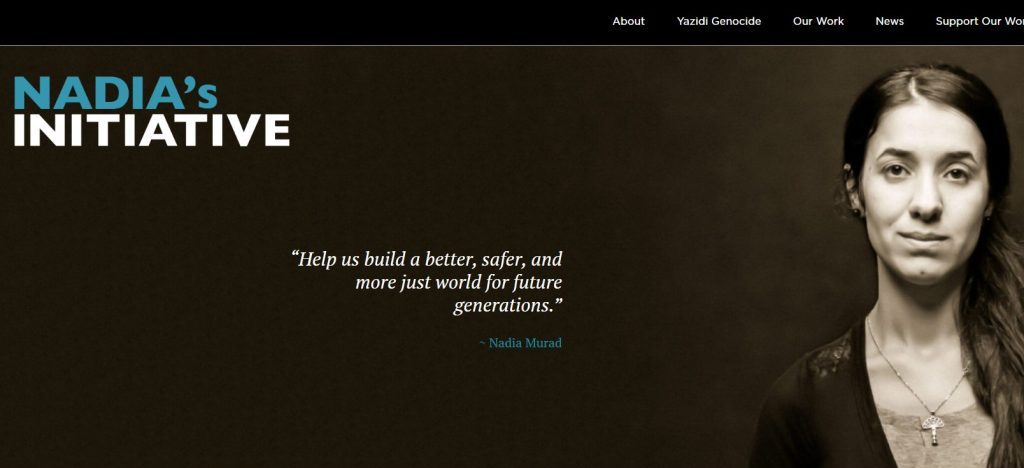June 19 marks the International Day for the Elimination of Sexual Violence in Conflict. The date was chosen to commemorate the adoption of UN Security Council Resolution 1820, which condemned sexual violence as a tactic of war and recognised it as a barrier to peacebuilding. Sexual violence is not a collateral effect of war, and it is urgent to end its impunity.
Social sciences focused on social impact, especially dialogic sociology, which seeks to improve people’s lives, have made great strides in understanding why and how sexual violence is used in armed conflicts, and what societal conditions fuel it.
Research has also identified mechanisms that help transform our societies into spaces where the appeal of violence is dismantled , its normalisation is prevented, and solidarity movements are built to ensure survivors are never isolated.
“The culture of peace needs to be promoted through the overcoming of daily violence” says Professor Ramón Flecha in his book The Dialogic Society.
Today, we have more knowledge than ever before to build resilient societies, capable of withstanding the sexual violence that continues to occur in wars, often unreported or normalised by media and public discourse. This knowledge must be made accessible to all citizens, empowering them to take action and overcome the daily struggle against violence.
There are also organisations entirely devoted to raising awareness, supporting survivors, and co-creating communities where girls and women no longer have to endure such trauma. On a day like today, we highlight the work of Nadia Murad, Nobel Peace Prize Laureate in 2018, and her organisation Nadia’s Initiative. Founded by a survivor of the Yazidi genocide, Nadia’s Initiative works tirelessly to rebuild communities in crisis, advocate for the rights of survivors of sexual violence in conflict, and develop survivor-centred solutions in post-conflict settings.
Eradicating sexual violence in conflict is not only a matter of justice, it’s also a question of collective responsibility in accessing the best evidence available. Let’s bring this knowledge into everyday life, build alliances, and ensure that every practice aimed at preventing violence is based on scientific evidence of social impact, becoming a force for lasting peace.
Executive Director of Social Impact in Cambridge, UK. She led projects across 22 countries, building networks of universities, governments, businesses, and educational centres focused on societal improvement. In public service, she advised Spain’s Education Secretary of State and contributed to national arts and inclusive education boards. She also has extensive experience in multinational environments and has published on educational success, policy development, and societal impact.


